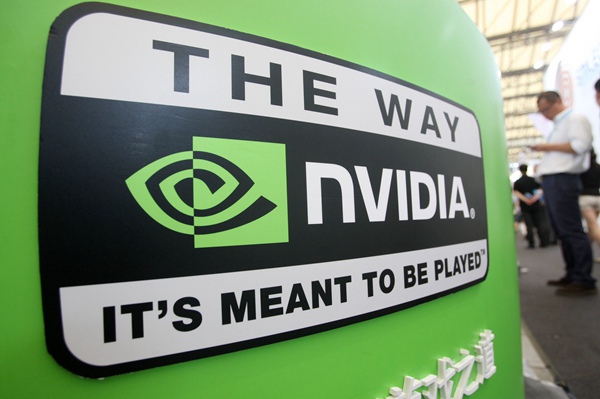Nvidia acquired Israeli AI startup Run:ai for US$700 million. This move was finally approved after undergoing strict review by European and American regulators, marking an important step for Nvidia's expansion in the AI field. This acquisition has attracted much attention, not only because Nvidia has an absolute advantage in the GPU market, but also because it has triggered extensive discussions about the impact of technology giants' mergers and acquisitions on market competition. The European Commission ultimately approved the deal after an in-depth investigation, but the U.S. Department of Justice is still conducting an antitrust investigation, underscoring the increasingly cautious attitude of global regulators towards mergers and acquisitions by technology giants.
As the leader in the GPU market, Nvidia's acquisition of Run:ai, a company specializing in AI computing resource optimization services, will further enhance its competitiveness in the AI field. Run:ai plans to open source its software, which will promote the widespread application of its technology and promote the development of the AI ecosystem. However, the antitrust investigation in the United States also reminds us that while pursuing technological progress, it is crucial to maintain fair market competition. How to balance innovation and supervision will be an important issue that requires continued attention and discussion in the future.
Chip giant Nvidia is expanding its territory again. Recently, Nvidia officially announced the acquisition of Israeli artificial intelligence startup Run:ai for US$700 million. The deal was finally approved after rigorous scrutiny by European and American regulators, paving the way for Nvidia to further consolidate its dominance in the AI field.
As the absolute dominant player in the GPU market, Nvidia currently occupies about 80% of the market share. It is this strong position that has caught the attention of regulators. The European Commission questioned the merger in October, fearing that it could harm market competition. However, after months of in-depth investigation, the European Commission finally gave unconditional approval in early December, concluding that the transaction would not have a significant impact on market competition.

Run:ai's core business is to provide developers with AI computing resource optimization services, which is highly complementary to NVIDIA's main business. Notably, Run:ai has announced plans to make its software open source. Although it currently only supports NVIDIA GPUs, open source will undoubtedly help it reach a wider user group and inject new vitality into the AI ecosystem.
However, the merger still faces regulatory pressure in the United States. The U.S. Department of Justice is launching an antitrust investigation into the deal, Politico reported. This reflects that U.S. and European regulators are increasing their scrutiny of technology giants’ mergers and acquisitions to prevent market competition from being weakened.
This acquisition not only reflects Nvidia's strategic layout in the field of AI, but also triggers the industry's in-depth thinking on the mergers and acquisitions of technology companies. With the rapid development of AI technology, how to strike a balance between encouraging innovation and maintaining market competition has become an important issue facing regulatory agencies.
This acquisition by Nvidia heralds the further evolution of the future competitive landscape of the AI industry and reminds us to pay attention to the balance between technological development and supervision.